Brain Imaging
-
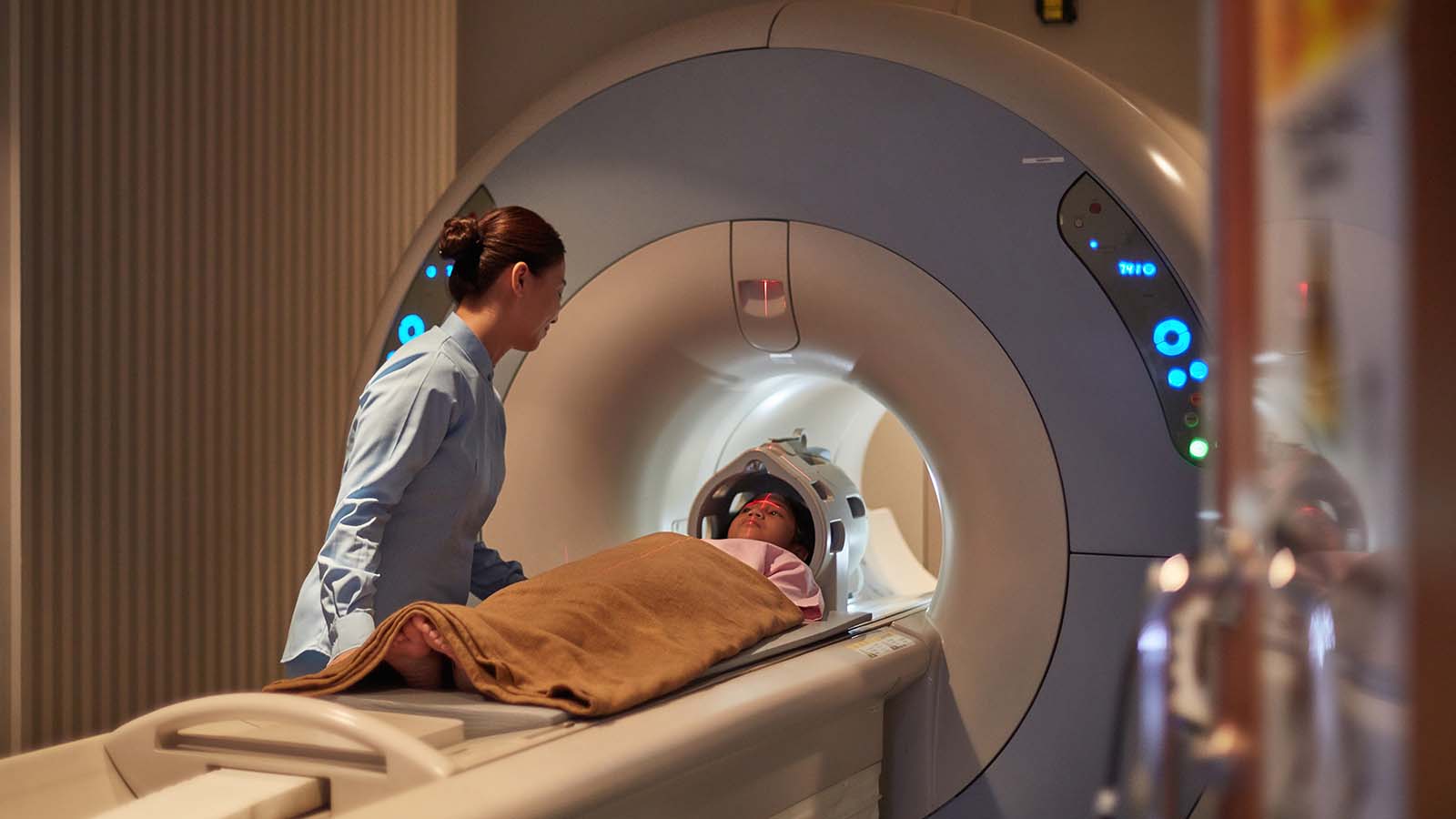
PET imaging probe for Alzheimer’s disease
Vanderbilt researchers report on a new PET imaging probe that will be useful for exploring Alzheimer’s disease pathology. Read MoreFeb 24, 2022
-
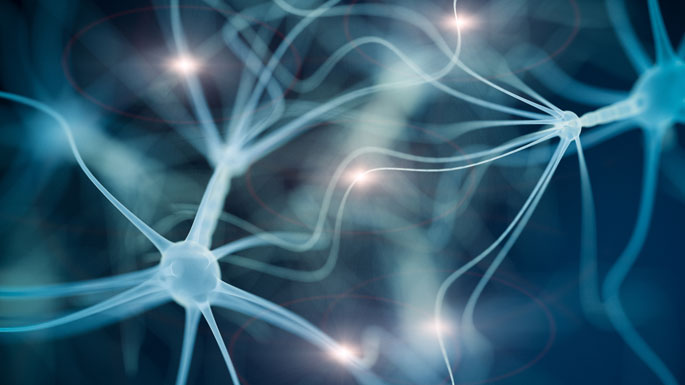
White matter and psychosis
The microstructure of white matter in the brain could be an important risk marker for psychosis, Vanderbilt researchers have discovered. Read MoreJan 27, 2022
-

Genetics of hydrocephalus
Fluid build-up in the brain — hydrocephalus — increases pressure and risk for brain damage; Vanderbilt researchers have now identified genes and signaling pathways associated with the condition. Read MoreJul 8, 2021
-
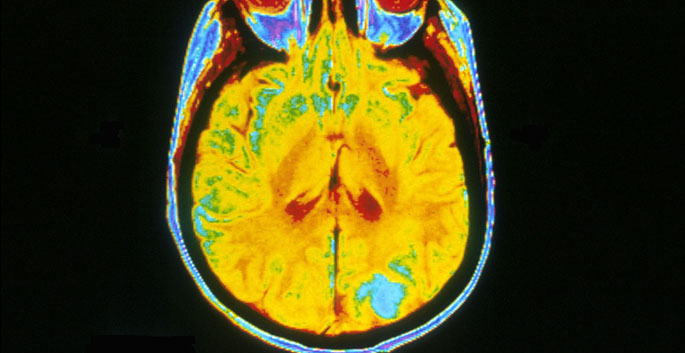
MRI view of brain tumor prognosis
In patients with glioblastoma brain tumors, features detected on MRIs at diagnosis were associated with survival, Vanderbilt Medical Center investigators found. Read MoreFeb 22, 2021
-

Imaging “biomarker” for Alzheimer’s disease progression
Changes in connectivity in the brain’s white matter may be a novel neuroimaging biomarker for assessing Alzheimer’s disease progression. Read MoreNov 16, 2020
-
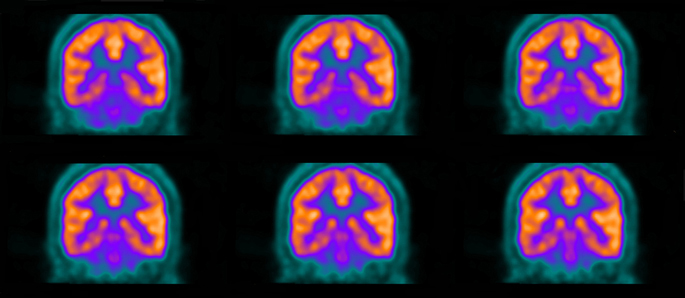
Alzheimer’s proteins in ICU survivors
The cognitive impairment that affects patients who survive a stay in the ICU does not appear to have a similar mechanism to Alzheimer’s disease, Vanderbilt researchers have discovered. Read MoreMar 27, 2018
-
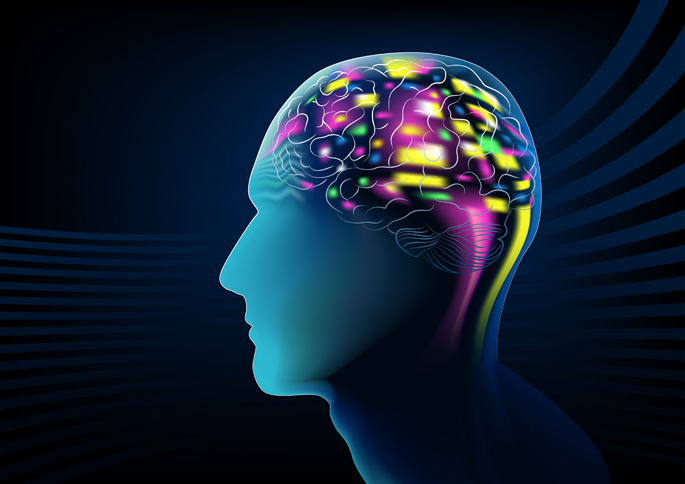
Brain connections in schizophrenia
Brain imaging studies have implicated the connection between two brain regions in the pathophysiology of schizophrenia. Read MoreMar 9, 2018
-
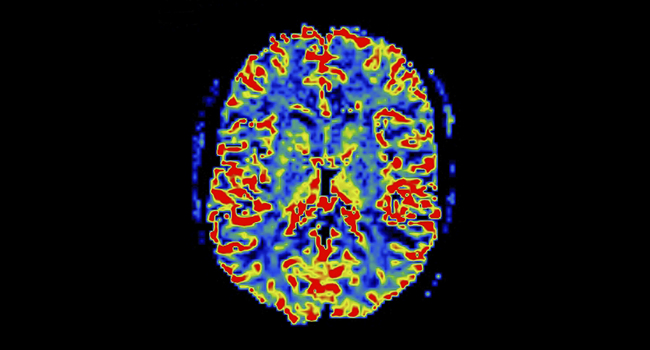
BOLD view of white matter
Vanderbilt investigators have discovered that functional MRI detects neural activity in both gray and white matter in the brain, suggesting new ways to investigate diseases such as Alzheimer’s and multiple sclerosis. Read MoreJan 12, 2018
-
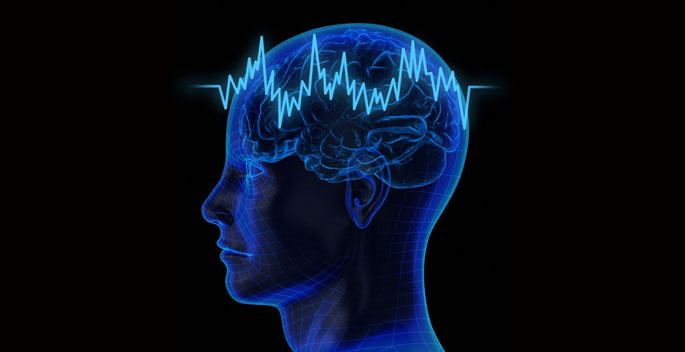
Predicting brain surgery outcomes
Assessing brain functional and structural connectivity in patients with temporal lobe epilepsy may be a useful way to identify the best candidates for surgical treatment. Read MoreAug 18, 2017
-

Study finds common brain scanning technique maps electrical activity as precisely as more invasive methods
A commonly used brain scanning technique can map electrical activity under the skull as precisely as more invasive methods that rely on probes or electrodes, researchers at Vanderbilt University Medical Center (VUMC) reported this month. Read MoreMay 25, 2017
-

Study may help predict anxiety risk in children
In what could be a way to predict which children might be vulnerable to anxiety disorders, a Vanderbilt study has shown that an altered prefrontal cortex function in the brain marks a heightened anxiety risk in children. Read MoreOct 13, 2016
-

A view of brain function in disease
Vanderbilt investigators report the first use of a specialized type of MRI to study the hippocampus in patients with schizophrenia. Read MoreJun 16, 2015
-
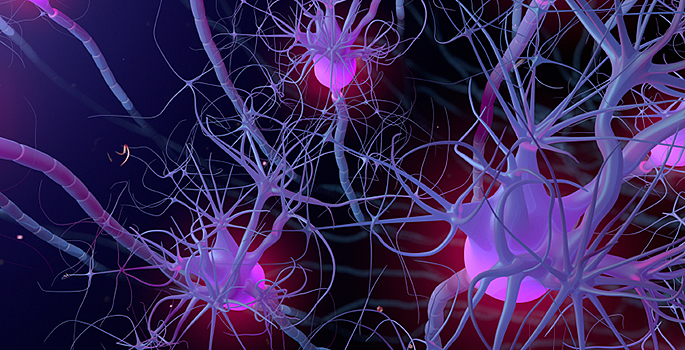
Optogenetics sheds new light on brain’s behavior modulators
A new light-based technology is allowing scientists to peer deep into the brain and alter animal behavior with the “flip of a switch.” Read MoreNov 6, 2014
-
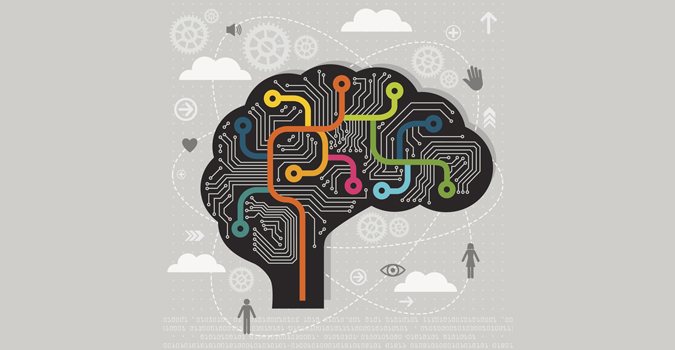
Mapping brain circuitry
Vanderbilt investigators have used two types of neuroimaging to establish a “map” of connections for a brain region important in anxiety and addiction. Read MoreMar 28, 2014
-

Imaging guides Alzheimer gene search
Using imaging data, Vanderbilt researchers discovered an association between a gene pair and brain changes in Alzheimer’s disease. Read MoreFeb 28, 2014
-

Autism narrows brain’s reward response
MRI brain scans reveal that children with autism spectrum disorders respond to a narrower range of familiar rewards. Read MoreNov 27, 2013
-

Breakdown of white-matter pathways affects decisionmaking as we age
A brain-mapping study has found that people's ability to make decisions in novel situations decreases with age and is associated with a reduction in the integrity of two specific white-matter pathways. Read MoreApr 11, 2012
-

Focus of fear in Williams syndrome
Brain imaging reveals clues about fear in Williams syndrome. Read MoreAug 11, 2011